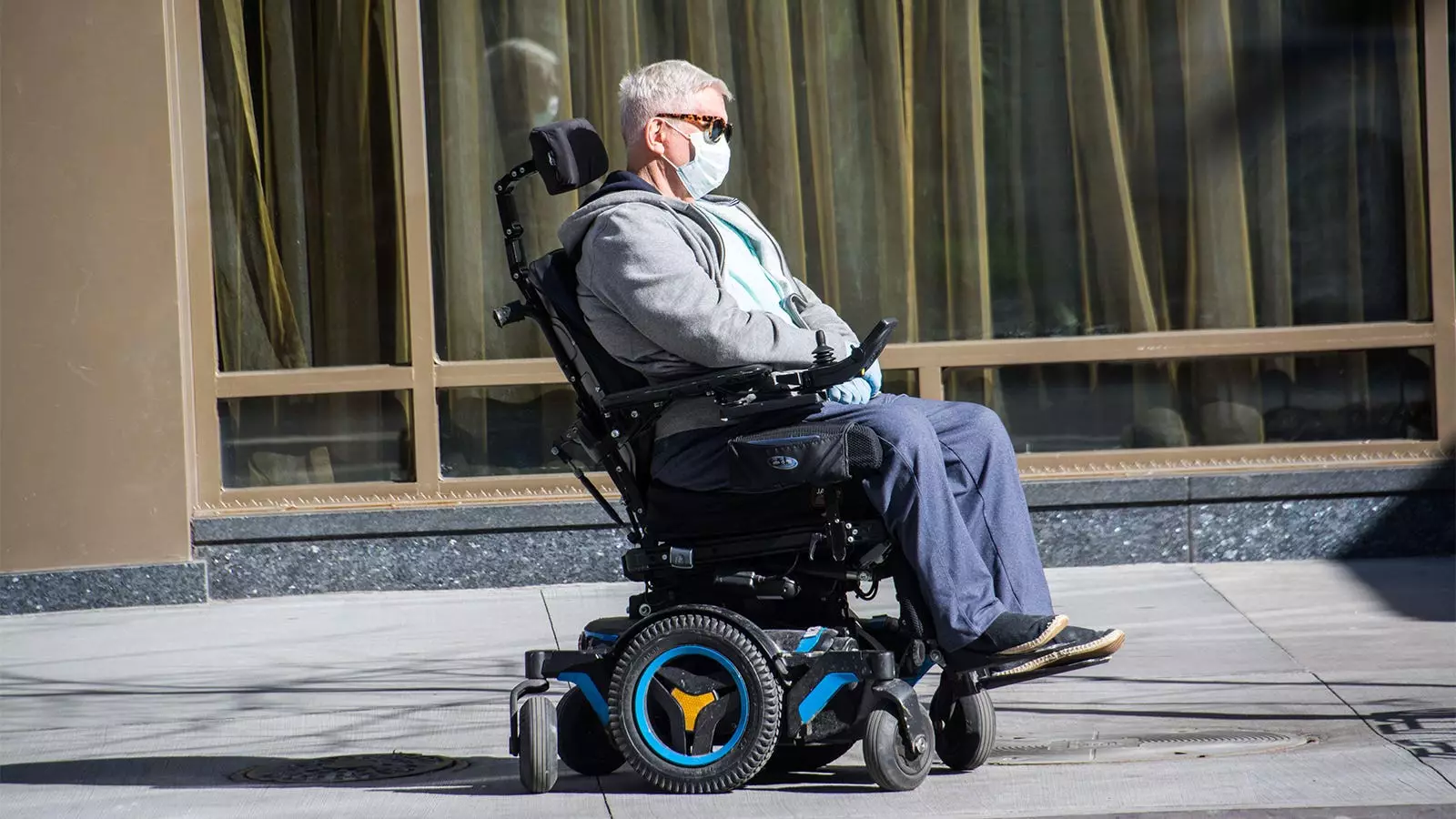In a recent development, a disability rights organization has filed a federal class action lawsuit against Nassau County’s Mask Transparency Act. Disability Rights of New York argues that the ban on wearing masks in public, except for health and religious reasons, is not only unconstitutional but also discriminatory towards individuals with disabilities. The lawsuit seeks to obtain a temporary restraining order and preliminary injunction to halt the enforcement of the controversial law.
The lawsuit includes two plaintiffs who have various health conditions and rely on medical-grade face masks for protection. These individuals are now living in fear of being harassed or even arrested due to the restrictions imposed by the Nassau County Legislature. One of the plaintiffs, referred to as G.B., has been diagnosed with cerebral palsy and asthma, requiring the use of a wheelchair for mobility. The lack of clear guidelines for law enforcement to determine the validity of health exemptions has left G.B. feeling vulnerable and at risk of discrimination in their own community.
Response from County Officials
Despite the outcry from disability rights advocates, Nassau County Executive Bruce Blakeman, a Republican, stands by the decision to implement the ban on face coverings. The county’s Republican-controlled Legislature cited concerns over “antisemitic incidents” as justification for the new law, linking mask-wearing to criminal activity. Blakeman views the ban as a necessary public safety measure, claiming it will help combat everyday crime in addition to addressing the initial concerns raised by campus protesters.
The legality of the Mask Transparency Act is now under scrutiny, as advocates argue that it violates the constitutional rights of individuals with disabilities. By creating a hostile environment for those who rely on face masks for health reasons, the law not only undermines public health efforts but also perpetuates discrimination within the community. The lack of clarity in determining who qualifies for exemptions further exacerbates the already precarious situation faced by vulnerable individuals.
As the lawsuit progresses, it is crucial for policymakers to consider the needs and rights of all members of the community, particularly those with disabilities. Finding a balance between public safety concerns and individual liberties is essential to creating an inclusive and equitable society. The outcome of this legal battle will set a precedent for how communities address public health emergencies and the rights of marginalized groups. It is imperative that the voices of those most affected by these policies are heard and respected in the decision-making process.

Leave a Reply